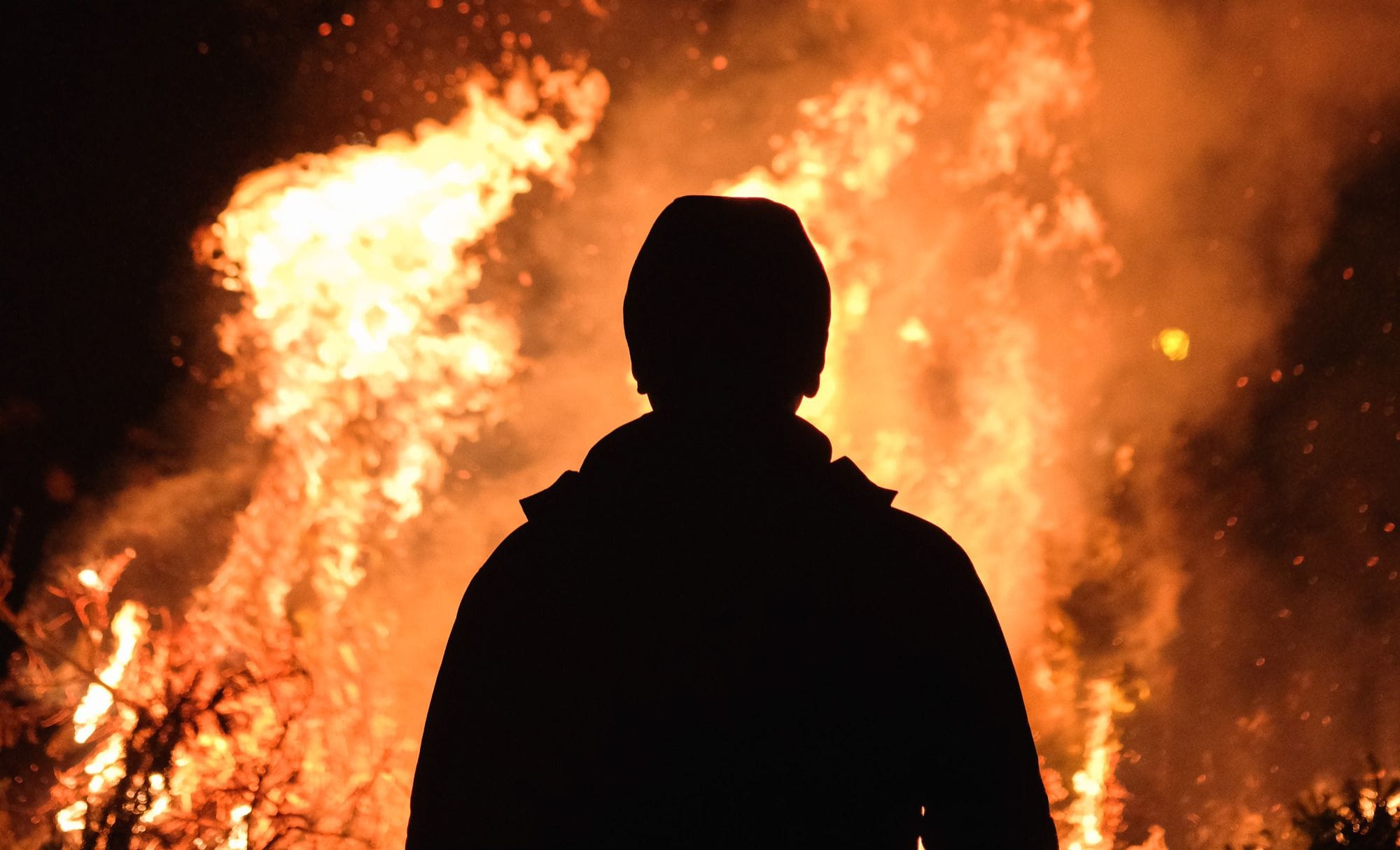Are you ready for a disaster?
Create an emergency communications plan for you and your family.

A few days ago, my wife and I were discussing disaster preparedness. The conversation arose when California Governor Newsom said California would fully reopen on June 15. You might be wondering why that could be a disaster. I remember when COVID-19 became a national disaster, and water, toilet paper, and disinfecting items became scarce. It sucked. My wife was nine months pregnant when the mandatory quarantines started. I had to leave the house around 7 am to stand in line in the cold at Costco with hundreds of others until they opened at 10 am. It doesn't take much for people to stop being civil regarding their toiletries. I also remember the fires. Oh, yes, the fires. People were rushing to Costco and other stores to stock up on supplies.
2020 was a miserable year for everyone, and 2021 continued the trend of hopelessness and despair. Why not be better prepared for such events so they don't catch you off guard? Continue reading and learn how to create an emergency communications plan for you and your family.
Disaster Preparedness
Disastrous events are not limited to occurring naturally in a hurricane zone, tornado alley, or near fault lines. They can happen anywhere, and they come in many forms. Their effects may include wireless communication system overloads, landline telephones, power outages, and cell tower damage, to name a few. Service disruptions may last for extended periods, so it is essential to have a communication strategy in place for your family. You can do some simple things that will significantly improve your chances of staying in touch should a catastrophic event occur.
Review Your Contacts
It's a good idea for your family members to review their cell phone contacts. Doing so will ensure they have the correct information for emergency contacts, extended family members, and anyone else they may need to contact during a disaster. I recommend adding non-emergency numbers for local fire, police, and other emergency services agencies. These agencies may provide valuable information about escape routes, road closings, hazardous conditions, etc. You may also wish to designate someone outside of your area for your family members to contact to report on their welfare and location and to get updates if they get separated or cannot communicate directly with one another.
Cell Phone Maintenance and Use
Because cell phones will be your most valuable communication tool during catastrophic events, it is a good idea to have portable charging banks for each device just in case you lose access to other charging methods. Keep the power banks fully charged so they are ready if needed.
In a disaster scenario, limit the number and duration of cell phone calls you make and ask your family members to do the same. Doing this will not only help lessen the load on communications infrastructure that may already be overburdened or damaged, but it will also conserve your battery.
Voice calls and emails sent via your cell phone require transferring much more data than text messages. If phone calls and emails are not getting through, try texting. Additionally, phone calls made from a moving vehicle during a disaster may drop due to intermittent service coverage. Try pulling over and stopping where you have a strong signal. That may resolve the issue, and it is much safer if you're the driver and the situation is chaotic.
Additional Recommendations and Conclusion
These simple tips may yield significant benefits should disaster strike, but effective communications strategies are only part of an excellent overall disaster preparedness plan. Storing emergency food and water supplies, identifying potential evacuation routes in advance, safeguarding essential documents, and designating meet-up sites are a few other things to consider for inclusion as part of your family's plan. What you include may depend on where you live and the disaster scenarios you will most likely encounter. Many resources are available online and from local government emergency management offices to help you and your family prepare.
As always, we wrote this article in a way that can relate to most people. I hope you liked this disaster preparedness article, and most importantly, I hope it helps you prepare for any disaster. Have a great day!

Subscriber Discussion comments above are from subscribers to our blog.
Forum Discussion
The Forum Discussion comments above come from the official discussion topic for this entry.